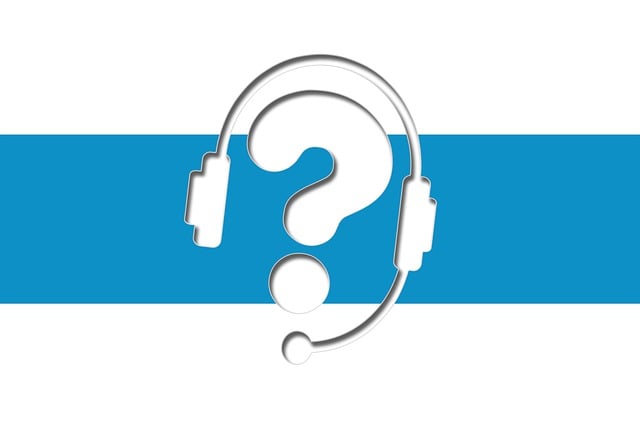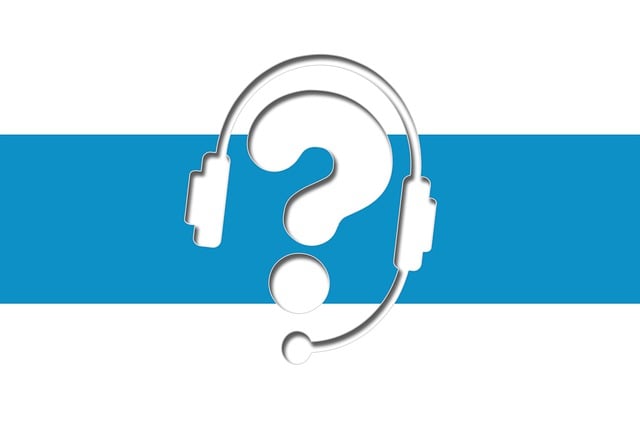HIPAA, a pivotal patient privacy law in the US, imposes stringent security requirements on healthcare organizations and their marketing arms, focusing on handling Protected Health Information (PHI) through administrative, physical, and technical safeguards. Healthcare marketing services act as guides, ensuring compliance while enhancing communication effectiveness by employing creative tactics like anonymized data analysis, consent-based testimonials, and targeted digital campaigns. Prioritizing patient data security involves robust encryption, access controls, regular audits, employee training, software updates, and fostering a culture of security awareness. Regular staff training on HIPAA regulations is crucial to prevent privacy breaches, while leveraging technology like cloud-based solutions ensures compliance and enhances patient experiences. Regular audits and timely updates are essential for maintaining a secure environment and adapting to evolving regulations.
In today’s digital age, safeguarding patient data is paramount. The Health Insurance Portability and Accountability Act (HIPAA) sets stringent standards for protecting sensitive medical information. This article explores vital strategies to ensure HIPAA compliance within healthcare operations. From understanding the legal framework of HIPAA to implementing secure communication channels and leveraging technology solutions, we delve into key practices. Healthcare marketing services play a crucial role in fostering compliance, ensuring patient privacy, and maintaining trust. Discover how regular audits and updates drive continuous improvement across the healthcare landscape.
Understanding HIPAA: The Legal Framework for Patient Privacy

HIPAA, or the Health Insurance Portability and Accountability Act, is a cornerstone of patient privacy legislation in the United States. This legal framework mandates that healthcare organizations and their associated marketing entities implement robust security measures to protect sensitive patient information. For healthcare marketing services, understanding and adhering to HIPAA regulations is paramount to ensuring ethical practices and maintaining patient trust.
The act outlines specific rules for the use and disclosure of Protected Health Information (PHI), emphasizing confidentiality and data security. Compliance involves implementing administrative, physical, and technical safeguards to prevent unauthorized access, use, or disclosure of PHI. Healthcare marketing professionals must work closely with IT departments to establish these controls, ensuring that patient data is handled securely throughout the marketing process, from data collection to storage and transmission.
The Role of Healthcare Marketing Services in Compliance

In today’s digital era, healthcare organizations must navigate a complex landscape of regulations, with HIPAA being the cornerstone of patient data protection. Healthcare marketing services play a pivotal role in ensuring compliance while facilitating effective communication. These services are equipped to handle sensitive information, employing strategies that adhere strictly to HIPAA guidelines. Through specialized knowledge and tools, they help institutions maintain patient privacy, which is not only legally mandatory but also builds trust with their clientele.
Marketing professionals specializing in healthcare understand the nuances of sharing patient stories and success cases while maintaining confidentiality. They use creative approaches like anonymized data analysis, patient testimonials (with consent), and focused digital campaigns that respect individual rights. This strategic direction ensures that marketing efforts not only promote services but also contribute to the overall compliance ecosystem within healthcare organizations.
Key Strategies to Ensure Data Security and Confidentiality

In the realm of healthcare marketing services, safeguarding patient data is paramount. Key strategies to ensure data security and confidentiality involve implementing robust encryption protocols for both at-rest and in-transit data. This means utilizing advanced algorithms to scramble sensitive information stored on servers and devices, as well as during data transmission between systems. Access controls are also crucial; restricting access to data based on user roles and permissions minimizes the risk of unauthorized access.
Regular security audits and employee training further strengthen data protection. Audits help identify vulnerabilities and ensure compliance with HIPAA regulations, while comprehensive training programs educate staff about data security best practices. Additionally, maintaining up-to-date software and patches is essential to patching known security flaws. These strategies collectively contribute to a robust data security framework, fostering trust among patients and ensuring the ethical handling of sensitive healthcare information.
Implementing Secure Communication Channels

In the realm of healthcare marketing services, ensuring secure communication channels is paramount to adhering to HIPAA regulations. This involves leveraging encrypted platforms and tools that safeguard sensitive patient information during transmission. From email exchanges to instant messaging, employing end-to-end encryption ensures data privacy, preventing unauthorized access or interception.
Healthcare marketers should also promote a culture of security awareness among their teams. Regular training sessions can educate staff on recognizing potential threats like phishing attempts and the importance of using secure passwords. Additionally, implementing multi-factor authentication adds another layer of protection, making it more difficult for hackers to gain unauthorized access, thus maintaining the integrity of patient data in all marketing communications.
Training Staff: A Cornerstone of HIPAA Compliance

Training staff is a cornerstone of achieving and maintaining HIPAA compliance in any healthcare setting. The Health Insurance Portability and Accountability Act (HIPAA) sets stringent standards to protect sensitive patient information, and ensuring that every employee understands their role in this process is vital. Healthcare marketing services often overlook this aspect, focusing more on innovative campaigns and digital strategies. However, without a solid foundation of knowledge about HIPAA regulations, even the best-crafted marketing materials could inadvertently breach privacy rules.
Regular training sessions should cover topics like proper data handling, access control, and incident response procedures. It’s crucial to educate staff on recognizing potential threats like phishing attempts and social engineering, as these can compromise confidential records. Moreover, training should emphasize the importance of maintaining patient confidentiality and the legal consequences of non-compliance, fostering a culture of privacy awareness throughout the organization.
Technology Solutions for HIPAA-Compliant Operations

In today’s digital era, healthcare organizations are increasingly relying on technology solutions to streamline their operations and deliver efficient patient care. When it comes to maintaining HIPAA compliance, the right tools can significantly mitigate risks and ensure the secure handling of sensitive patient data. Healthcare marketing services often require access to robust systems that safeguard patient information while enabling seamless communication and data exchange.
One of the key strategies is implementing cloud-based solutions with strong security features. These platforms offer scalable storage, remote accessibility, and advanced encryption protocols, ensuring that data is protected even in a virtual environment. Additionally, integrating secure messaging apps and patient portals allows for efficient healthcare marketing services while maintaining compliance. These tools enable patients to access their records, communicate securely with providers, and receive personalized care plans, all while minimizing the risk of data breaches.
Regular Audits and Updates for Continuous Improvement

Regular audits are an indispensable component of maintaining a HIPAA-compliant environment, especially for healthcare marketing services. These thorough assessments allow organizations to identify potential gaps in their security protocols and ensure patient data remains protected. By conducting frequent audits, businesses can stay ahead of evolving privacy regulations and adapt their practices accordingly. This continuous improvement process is crucial in the dynamic landscape of healthcare marketing, where new technologies and data handling methods emerge regularly.
Updates are equally vital to keep up with industry changes and enhance security measures. Healthcare marketing services should implement a robust update system, ensuring that all software, policies, and training materials are current. Regular reviews and modifications enable organizations to address emerging threats and maintain the highest standards of data protection, fostering trust among patients and partners alike.
